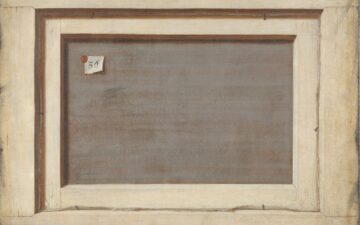Céline Henne in Aeon:
 How could gaining knowledge amount to anything other than discovering what was already there? How could the truth of a statement or a theory be anything but its correspondence to facts that were fixed before we started investigating them?
How could gaining knowledge amount to anything other than discovering what was already there? How could the truth of a statement or a theory be anything but its correspondence to facts that were fixed before we started investigating them?
Some philosophers have argued that, despite widespread intuitions to the contrary, knowledge is not merely a matter of representation but also of construction, and that truth cannot be completely detached from human needs and interests. John Dewey, for example, argued that the object of knowledge is the product of enquiry and not something that exists independently of that enquiry. But this can’t be right. After all, scientists discovered DNA, distant planets and gravity, they did not create them. Facts are facts. Any other view seems disastrous, from the vague assertion that we all create our own truth to the Nietzschean claim that it’s interpretations all the way down. Without a shared target that we all aim at getting right, rational discussion is no longer possible. So what were these philosophers getting at, exactly?
More here.
Enjoying the content on 3QD? Help keep us going by donating now.
